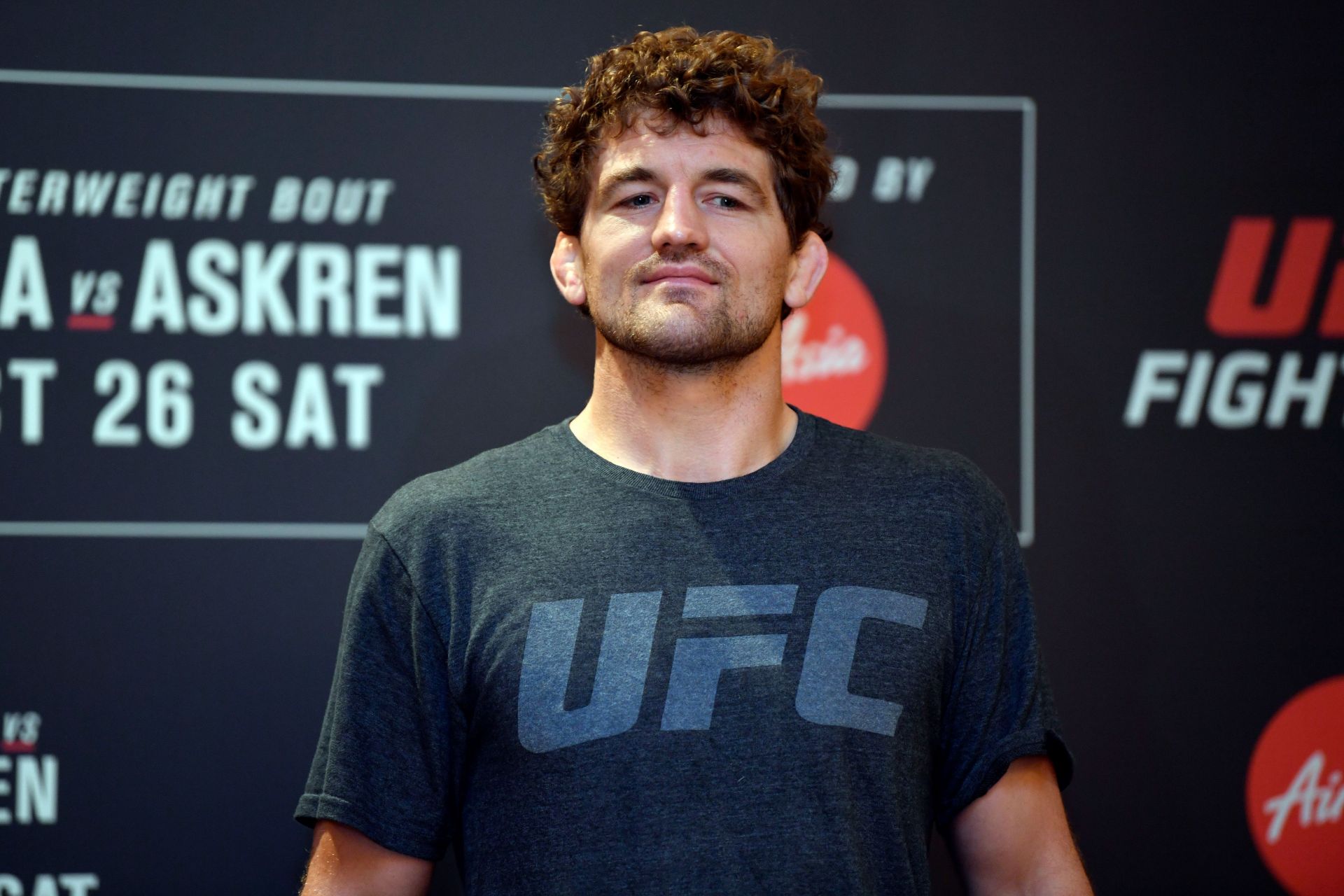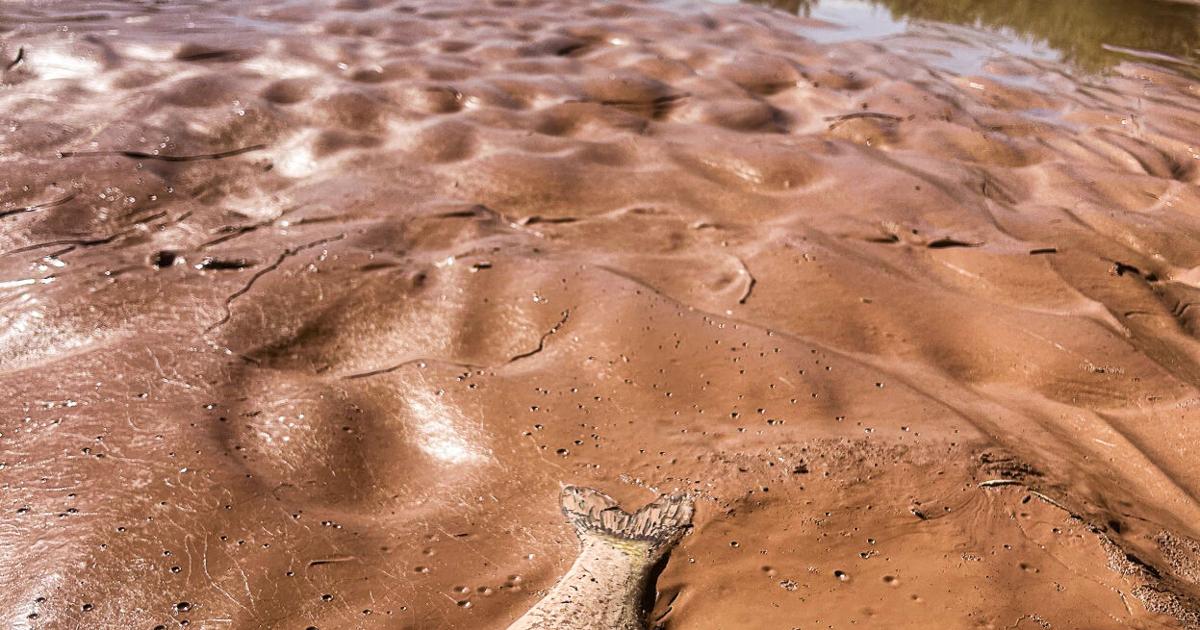RFK Jr.'s Vaccine Stance: A Threat to Australia's Public Health?

The ongoing debate surrounding vaccines is complex, fueled by misinformation and a growing distrust of institutions. However, the overwhelming consensus within the medical and scientific community is that vaccines are safe and effective. They are a cornerstone of public health, responsible for eradicating or significantly reducing the incidence of devastating diseases like polio, measles, and whooping cough. Australia's high vaccination rates are a testament to the success of this approach, protecting both individuals and the broader population.
Kennedy's actions, as reported, raise serious questions about his commitment to evidence-based medicine. Withdrawing funding from vital research projects – projects investigating vaccine safety, efficacy, and new vaccine development – is a reckless move that could have far-reaching consequences. These projects aren't simply about theoretical research; they are focused on addressing real-world challenges, such as developing vaccines for emerging infectious diseases and improving existing vaccines for vulnerable populations. Consider the impact on research into new COVID-19 variants or the development of vaccines for children with allergies – these advancements could be significantly delayed or even halted.
The potential impact on Australia is particularly concerning. Our healthcare system already faces significant pressures, and outbreaks of preventable diseases could overwhelm our resources. Furthermore, the spread of misinformation about vaccines can erode public trust and lead to lower vaccination rates, leaving our community vulnerable. The Australian government and health authorities have consistently emphasized the importance of vaccination as a key strategy for protecting public health, and Kennedy’s actions directly contradict this message.
It's crucial to differentiate between healthy skepticism and outright denialism. Asking questions about vaccines is reasonable and encouraged, but dismissing overwhelming scientific evidence and actively undermining research efforts is irresponsible and potentially dangerous. The focus should remain on promoting informed decision-making based on credible sources, such as the Department of Health, the Australian Medical Association, and leading medical experts.
The broader implications extend beyond Australia. Kennedy’s platform and reach amplify anti-vaccine sentiment globally, contributing to a climate of fear and distrust that threatens public health worldwide. It's imperative that we challenge misinformation and stand firm in support of science-based public health policies.
Moving forward, Australians need to be vigilant in evaluating information about vaccines and rely on trusted sources. Ongoing education and open communication are essential to addressing concerns and ensuring that our community remains protected from preventable diseases. The stakes are simply too high to ignore the potential consequences of anti-vaccine rhetoric and actions.






